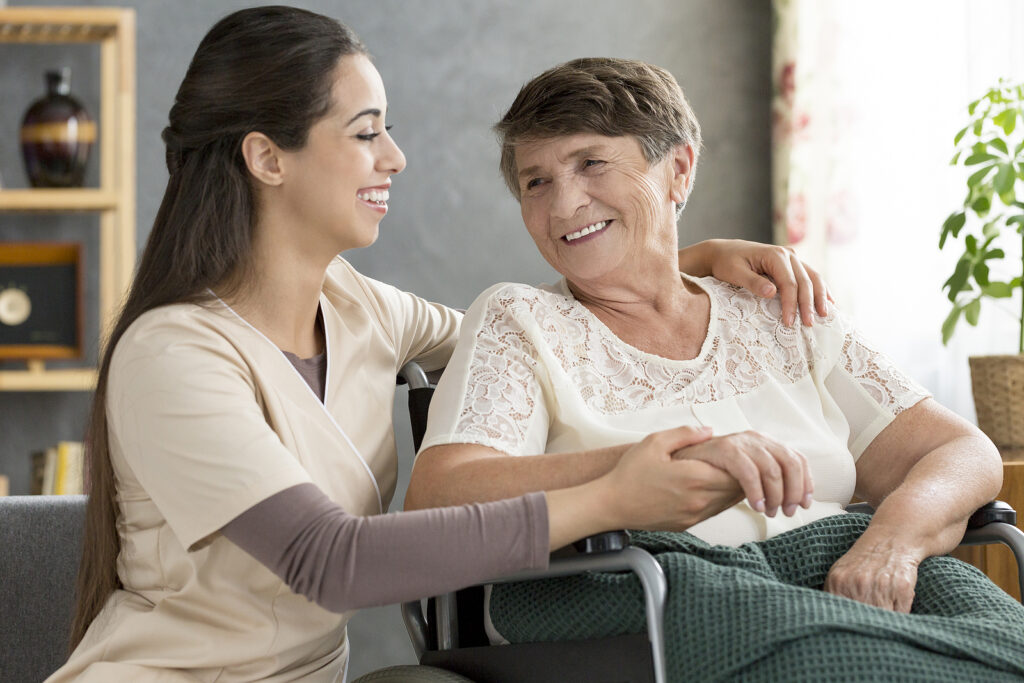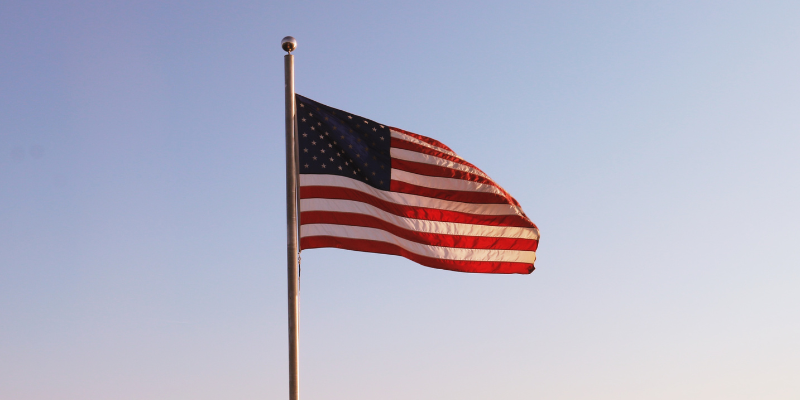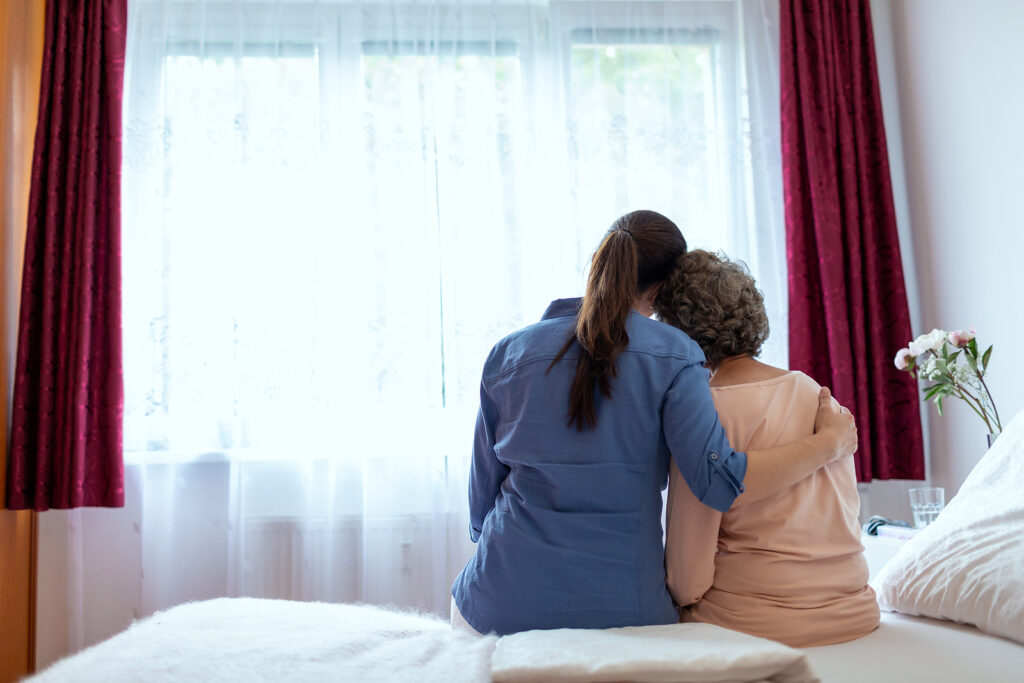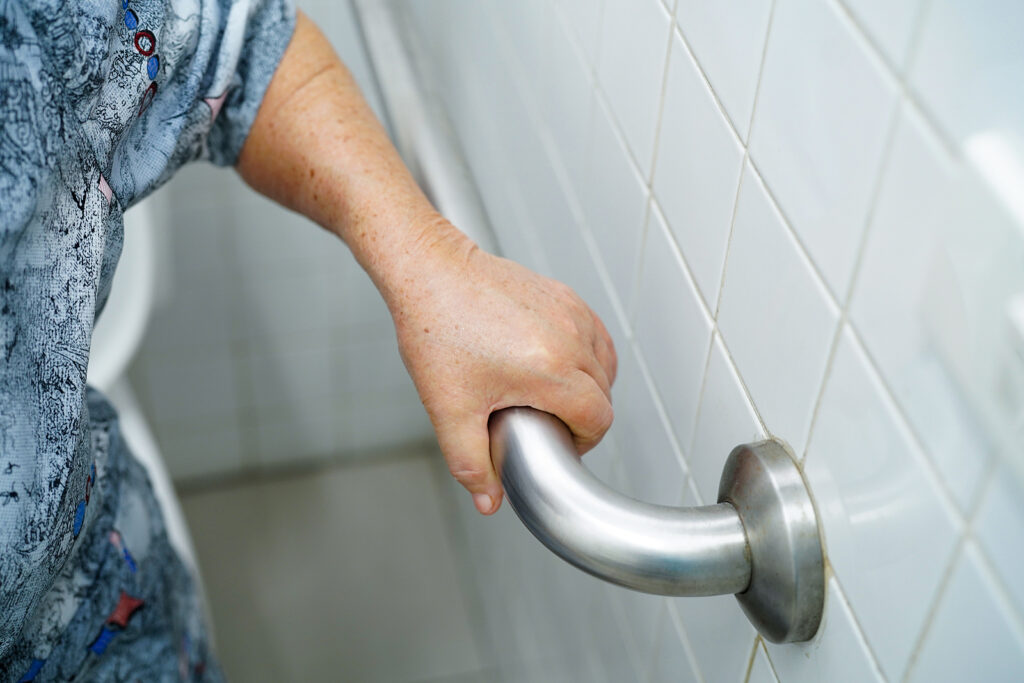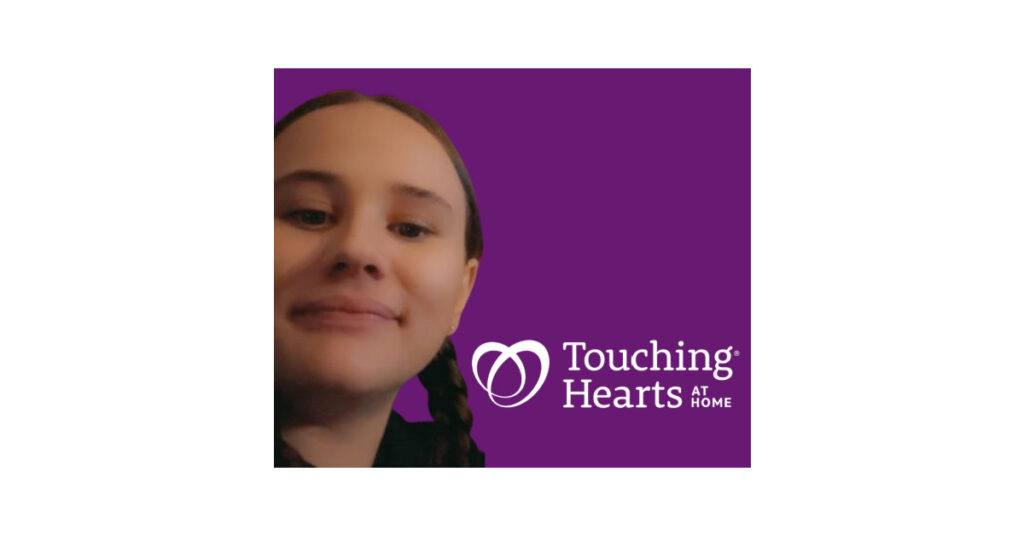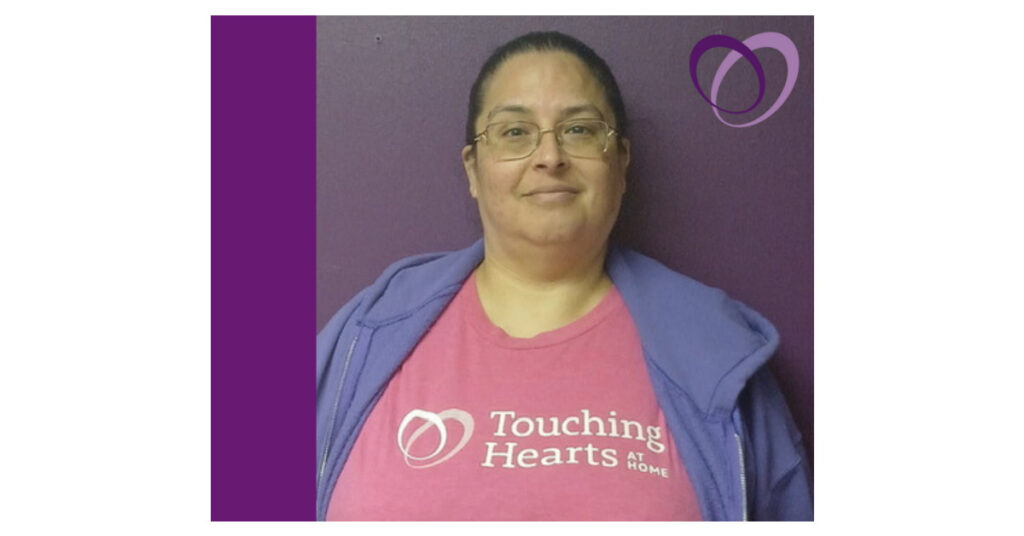Summer Temperatures
Did you know that summer heart attacks are often due to hot temperatures?
Heat-related illnesses, like heat exhaustion or heat stroke, happen when a body is not able to properly cool itself. While the body normally cools itself by sweating, during extreme heat, this might not be enough. Should this happen, our body temperature rises faster than it can cool itself down. This can cause damage to the brain and other vital organs.
According to the Centers for Disease Control, we can expect high temperatures to kill nearly 700 people each year in this country alone, most of them over 70 years of age. The vast majority will not die of heat stroke, heat exhaustion, or dehydration. They will die of heart-related problems, including heart attacks and heart failure.
The reason, says Penn State physiologist Larry Kenney, is that we cool ourselves largely by pumping more blood to the skin, where the heat it carries can be lost to the environment. During hot weather, the increase in blood flow to the skin is huge, up to 20 times as much as in cooler weather. Even at rest, if we’re very hot, we may be pumping nearly two gallons of blood to our skin every minute.
Older adults, the very young, and people with mental illness and chronic diseases are at highest risk. Heat has no boundaries; even young and healthy people are often affected if taking part in strenuous physical activities during hot weather.
Normal aging brings about changes that can affect how some older adults sense and react to warm weather, meaning that they might not get the hydration their bodies need, said an expert at the Huffington Center on Aging at Baylor College of Medicine.
“Thermoregulation, or the body’s ability to maintain a steady temperature, is affected as we age and can lead to hyperthermia, or overheating of the body, in older adults,” said Dr. Robert Roush, associate professor of medicine – geriatrics at BCM.
Changes in the body’s ability to cope with hot weather can result in dehydration in older adults because they lose their sense of thirst or do not sweat as much. Due to thinning of the skin, they also overdress because they feel cold, said Roush.
Hydrate, hydrate, hydrate!
Water is one of the most important things we can give ourselves to cool our bodies. So how much water do you need to stay safe? It is recommended we drink six to eight glasses of water a day – but this increases dramatically in hot weather. During heavy exercise in a hot environment, drink two to four glasses of cool fluids each hour.
The Arizona Department of Health Services – experts in treating people in extreme heat waves – warns people outdoors in dangerous heat can need one to two liters per hour.
Drink for your health!
Ramona Hunt, MS Director of Leadership and Development for Touching Hearts, Inc.
You may also like:
Five Tips for Coping with an Alzheimer’s Disease Diagnosis
Alzheimer's Care in Hesston KS: It can be difficult to adjust to a new diagnosis of Alzheimer’s disease. Incorporating these…
Making Safety Modifications to Age in Place Safely
Senior Home Care in Lyons KS: In order for your senior to age in place safely, some modifications may need…
Congratulations, Jada!
Congratulations to our amazing caregiver, Jada Pinkston! Jada’s name was drawn from those who took the time to complete our…
March Employee of the Month
Congratulations to Dawn Swenson-Boroff, our March Employee of the Month at Touching Hearts at Home of Central Kansas! Your dedication,…
Happy Easter From Our Touching Hearts Family
May you enjoy the special Blessings of the Easter Holiday filled with the peace of His presence, the joy of…



